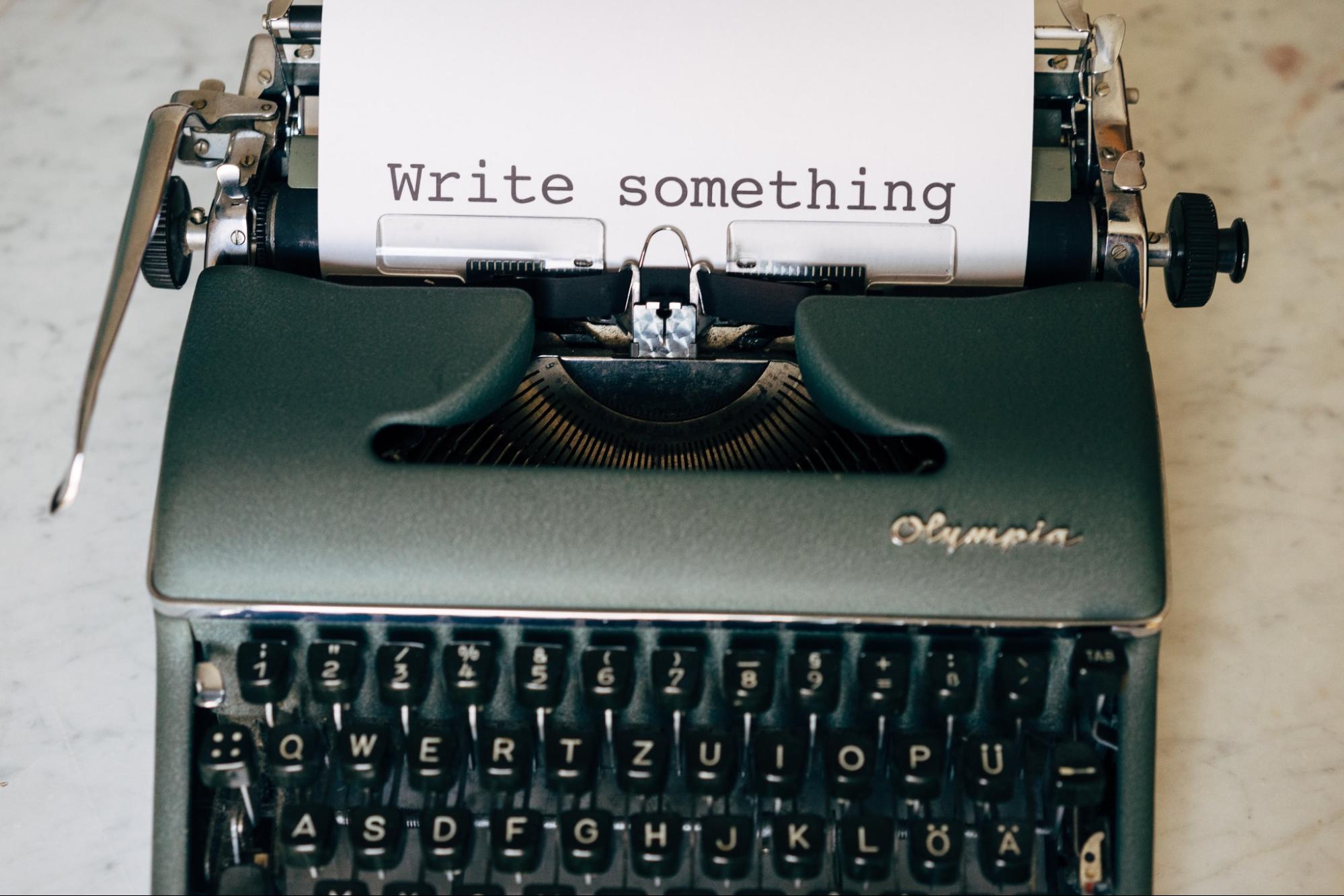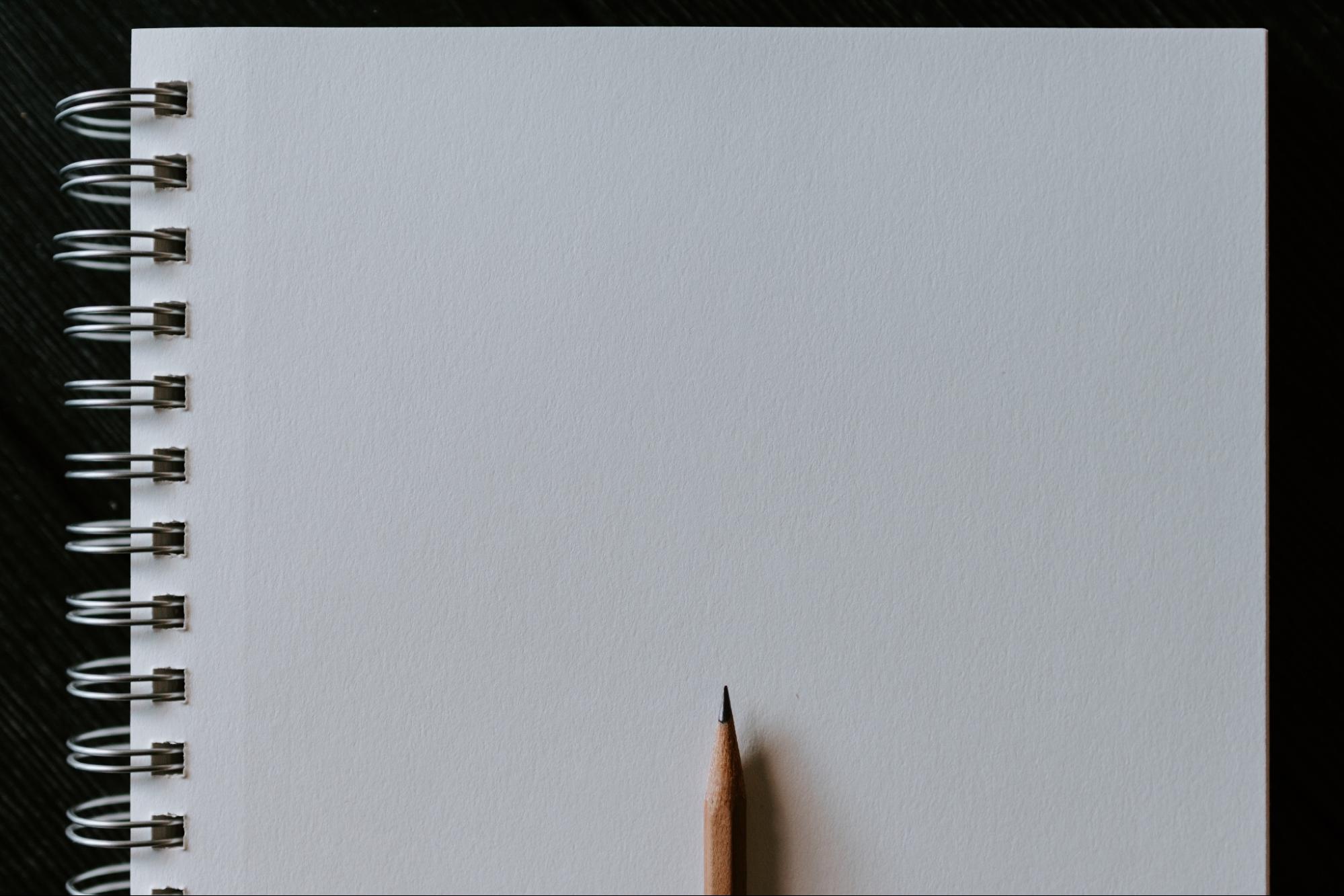Feeling Stuck? See These 9 Tips on How to Overcome Writer’s Block

You have known the longing to spell the world into rows that together give a better grasp of things around or things desired. You have known the longing to be smitten by nature, history, and love and keep faith alive in the most difficult circumstances.
You may be an explorer, a dreamer, an educator, or a curious and alluring presence, adding layer upon layer of vision and substance to the world. People have called you an inspiration, a curious creature whose presence we foster in our hearts and homes, with a calling we want to emulate.
And now you’re facing hurdles. Nothing mysterious about it. You don’t need too much self-inquiry to know it is writer’s block. And for sure, you don’t feel like going over writer’s block meaning. People have claimed extensive authorship of guides on how to overcome writer’s block.
Let’s look at this in frames.
The One in Which You Sob
It will take some time to understand this is no minor hiccup. You may have had brief moments to damper your writing routine, but this is not a fleeing fluff of despair. It is taking more time, and you already have the chills.
Writer’s block or not, you’ve been through worse times before and came through. People may speak to you about muse and inspiration, adding to the pressure. It is an intimate problem; in this stage, you want to fix it yourself.
You are already reviewing your strategies. Some worked in the past to keep you on track. You can do this. No, you can’t. Yes, you can. In this victory | defeat duo, you are a bit exhausted. It is acceptable to sob. No one will know.

The One in Which You Generalize
It's not your block; it's writer's block. This is a great time to browse other authors and their vision of writer's block. You relate. It is something you writers face collectively and conquer. It is also something that unites you.
It is time to start digging and reading. Think Mark Twain and his take on how to continue.
”The secret of getting ahead is getting started. The secret of getting started is breaking your complex overwhelming tasks into small manageable tasks, and then starting on the first one.”—Mark Twain
If you prefer a more contemporary take, here is Malcolm Gladwell.
“I deal with writer’s block by lowering my expectations. I think the trouble starts when you sit down to write and imagine that you will achieve something magical and magnificent — and when you don’t, panic sets in. The solution is never to sit down and imagine that you will achieve something magical and magnificent.”
You start doubting writer’s block altogether. Neil Gaiman said for all of you, spirits in pain: when was the last time you heard of shoe salesman’s block?
Hemingway (you know him) has spent years dodging bullets as a war correspondent, fighting bulls on Spanish streets, and hunting big game in African savannas. Yet still declared that the scariest thing he had ever encountered was a blank page. Perhaps it’s easier to call it blank-page anxiety.

The One in Which You Want to Define What’s Up
You have been struggling to understand what writer‘s block is by looking closely at your very personal issue. You are aware, in general terms, of what it stands for—an inability to start or continue a writing project.
You have focused on your struggle, not the history of literature in general, but there is a dead-end lurking in these trials.
You may explain it as if inspiration (if you believe in it in the first place) left you. You may understand it as a constant flicker of anxiety or unease concerning finding the perfect expressions, the haunting charm of perfectionism lurking in the back of your mind. At the same time, you constantly struggle to fuse verbs and feelings.
It may be anxiety. It may be perfectionism.
You are angry. You feel you lack your usual confidence. You may lack trust in your abilities and feel pressured by your readers' (editor's) expectations. You have embarked on a journey you cannot finish.
You are now so close to wrapping it up. You are nearly there, but you do not have that power to take you across the finish line. You may be exhausted.
Scroll below for a walkthrough of the solutions.

The One in Which You Learn
This is for you if you have reached the stage in which you are genuinely interested in how to get over writer's block. Be gentle to yourself. There are other ways forward than continuing to add pressure.
1. Understand the why
It might be a shoot in the dark but take the time to consider and understand why you are in this situation. Really.
Once you fully grasp the root of your malaise, you will see which of the tricks and techniques below you find most useful. Not all will work, but then, they needn’t.
Sometimes you feel you have worn out your creativity. Your writing feels lifeless. Your problem is not with your writing; it’s with empty phrases. Your habits are no longer habits of imagination. They are empty tricks of fatigued magicians. You need a spark to kick that creative muscle right back into shape!
Dare to daydream! Scribble unrelated thoughts and let them linger in your mind with no extra plan. Allow them to flow from here to nowhere, little islands wandering free.

2. Remember what sparked joy
You cannot write, you have ideas but not the will to write them down, and there is a blank page mirroring your enthusiasm. You are voiceless. Verbless. Numb. It is time to revisit your hall of fame.
Go back to your favorite authors, the books you loved, the pages that have left you breathless, that you can even remember, the ones that saved the book, broke your heart, for you would have wanted them to be yours.
Look in more detail. You, too, are an author, go beyond the reader's innocence, and understand the underlying mechanisms of writing. They, too, have been through these times of silence, seeing them returning or defying their demons.
Understand what it is that you look for in a book and what you have been longing for in your writing. That will inspire you to write something.
3. Get in shape
Challenge yourself to create a habit of your writing.
Surely you have read that Stephen King writes ten pages a day, every day. Haruki Murakami runs a 5K daily to get his train of thought going. Amos Oz used to reserve a few hours daily for his writings and the other few for his activism.
Creativity is not all ebb and flow. It is mostly hard work and consistency. See which is the most comfortable timeframe for your writing. Try some options to see which works best.
Choose your routine and stick to it. Also, spend some time outdoors. It is not the shape I was hinting at above, but if nature walks are being prescribed for all sorts of medical purposes, imagine how they can spice some rusty catalog of characters.
4. Experiment
Check your newly acquired routine regularly. Is it still thought-provoking? Do you feel it still stirs enough feelings?
If not, and you feel you are too cozy to buzz, consider switching times of the day.
Are you a morning person who doesn’t need the fifth coffee to kick in? Then plan your morning routine accordingly.
Want to get everything out of the way while ruminating on where your character will go next? Try working in the evenings. Allow yourself a deep dive into what’s on with your writing throughout the day.
Take time to consider the medium. Your laptop/ desktop worked wonders, but would you rather take notes this time? That is great! Choose your little black Moleskine carefully and start drafting. Are you looking to understand other times better? It may be time to roll your sleeves and type.
A sensitive approach to writing is sometimes a sensible thing to do. Quite charming also.

5. Get started
Since you have already sorted out the when and the how, there is no need to postpone the deed. You should be drafting like there is no tomorrow. And really, when it comes to routines, there is no better time than now.
You may not like the first draft, but you do have to acknowledge this is how drafts are. They are not perfect pieces. They are the backbone of whatever your book will be. Also, you can start in the middle (and later add the background and setting). No one will know.
You needn’t spend hours on a perfect phrase to illustrate a concept you took days to clarify. Continue to write, even dare yourself to a deadline for a first draft.
Ease your process, skip the unclear parts, and even bullet them. You will be able to return anytime you need to.
If you are a visual person and unsure how a section of your writing will turn out in the end, make a diagram. And take time to edit it whenever you stumble upon a possible way forward. Add notes, post-its, or whatever helps you clarify without ever allowing pressure to build up.

6. Look for an alternative passage
You are unsure of how to carry on. A story needs to be told, but your characters couldn’t possibly know it all. You feel your plot is crumbling.
Try shifting perspectives. A minor character might know more than meets the eye. It is also a good time to revisit those error techniques that would keep you engaged till the end.
By revisiting that initial story map, you may get a small aha moment yourself. Or perhaps just need to add a link you have not thought of before. Don’t allow yourself to get nervous over it.
Try the Pomodoro Technique. Write sequels of 25 minutes (you need an alarm for this, don't rely on your inner clock), and only stop once you hear the sound. Try different scenarios and ask your circle of trusted friends what they believe is the most natural way ahead. You may be stunned to realize you were worrying over nothing. Or start worrying over something completely different, though perhaps it is not the best moment to bring that up.
7. Embrace your imperfections
This is just a small encouragement to cut yourself some slack. Writing takes work. Not everything will be perfect all the time, or even most times. Writing is work; you will get better as you write more, get blocked more, and get over such blocks.
It is surely a frivol misconception that writing means opening a blank page and immersing in a continuous stream of consciousness. It is a planned activity with goals and timelines, with conflict and characters that you plan to develop (or not) throughout a certain number of pages.
Any other discussion of waiting for inspiration to return is a charming story of procrastination. You can even indulge in this occasionally if you are overly exhausted. But other than these fleeting moments of self-encouragement and self-pity when you are going the extra mile for a bit of self-pampering, writing is just your thing!
8. Unlock your passions
Rekindle your passion for writing. You started this project because you loved the theme, your characters were so outrageously fit for an age you have been studying, and you couldn‘t wait to share this story you stumbled upon. Yet spending long hours at your desk has drained you.
Freewrite. Get enthusiastic about writing something completely different. Or not writing at all. Enjoy and bring back some of that bright, genuine thrill that kept you on top of your game these past weeks or months.
Keep emotionally fit and remember to break for refills.

9. Heal
This is a kind (but firm!) reminder to be gentle with yourself.
It feels very important to acknowledge that striving to be professionally better should not undermine your capacity to live and enjoy your life.
It is a choice to understand writer’s block as an incapacity of the writer to continue. The work is harder when you start looking at the delicate strings of your being that have temporarily jammed and are blocking you, writer or shoe seller, from performing your daily do‘s.
Be gentle. Be brave. And give yourself time to heal. Then be whoever you set out to become!
Final Thoughts
Writer's block meaning is not pre-set. It is what you make of it, like your writing.
Once you notice a lack of inspiration and motivation to continue with your writing, seek ways to overcome writer's block and get back to doing what you do best.
Then, the only thing left to do is to publish your book.